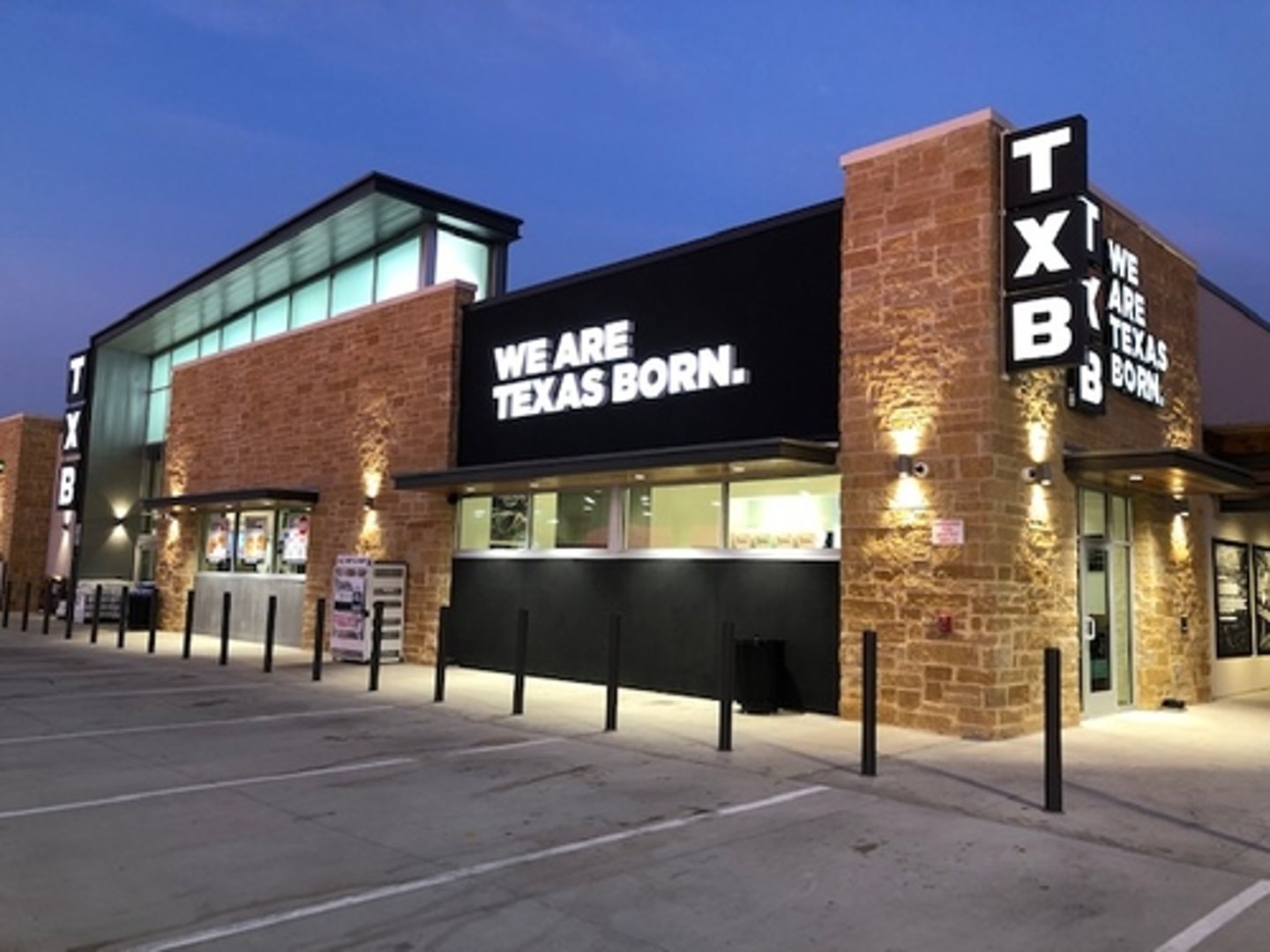C-Stores Step Up for Texas Flood Victims with Supplies, Support, and Heart
As devastating flash floods swept through parts of Central Texas in early July, claiming over 100 lives and displacing thousands, local convenience store chains rose to the moment—not just as businesses, but as first responders in their communities.
While national corporations like Walmart made headlines with large donations, it was Texas-based c-stores like Yesway, TXB, United Supermarkets, and Refuel that were on the ground, delivering aid fast and with a personal touch.
Local Action, Real Impact
- Yesway and TXB quickly organized donation drives, provided bottled water, snacks, and cleaning supplies to residents in flooded towns like Liberty Hill and Burnet.
- United Supermarkets, a West Texas staple, launched a register donation campaign across its 100+ locations, giving customers an easy way to support flood victims directly.
- Refuel stores joined the effort, coordinating supply drop-offs and leveraging their network to keep essential goods flowing to affected areas.
- In coordination with local emergency teams and organizations like the Red Cross, these c-stores opened up their parking lots and storefronts as distribution points for recovery kits and fresh food.
Why C-Stores Are Built for This
Convenience stores are uniquely positioned to help in emergencies. With locations deeply embedded in both rural towns and urban neighborhoods, they’re often closer than traditional aid centers—and open longer hours. Their teams know the communities they serve and can act faster and with more flexibility than many large institutions.
“In a crisis, people turn to the stores they trust. For many Texans, that’s their local c-store,” said one industry leader. “We’re proud to be there when it counts.”
It’s More Than Business—It’s Community
This outpouring of support underscores what many already know: C-stores aren’t just places to grab a drink or fill up the tank—they’re hubs of community resilience. By keeping doors open, coordinating aid, and putting people over profits, these companies showed the true meaning of “convenience.”


